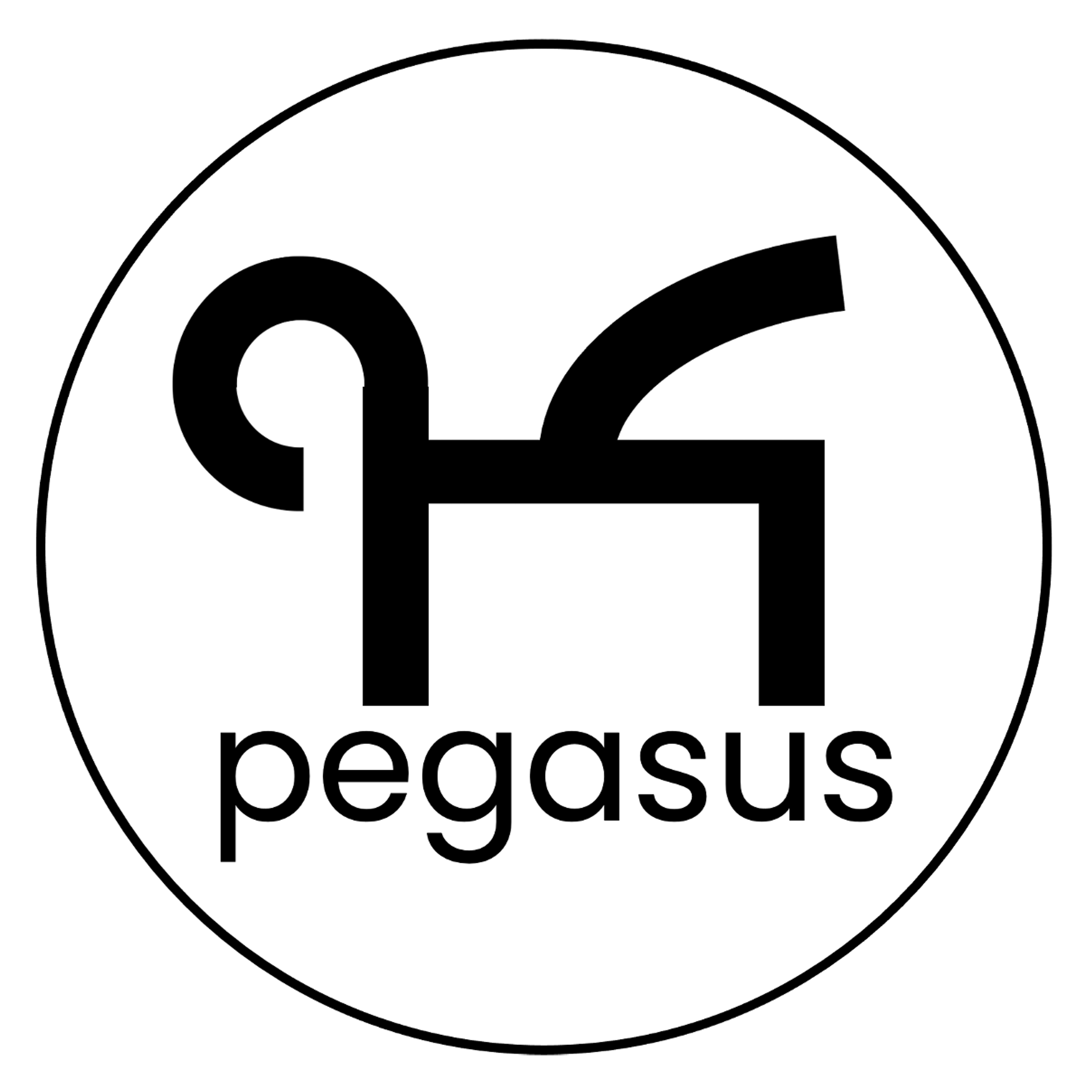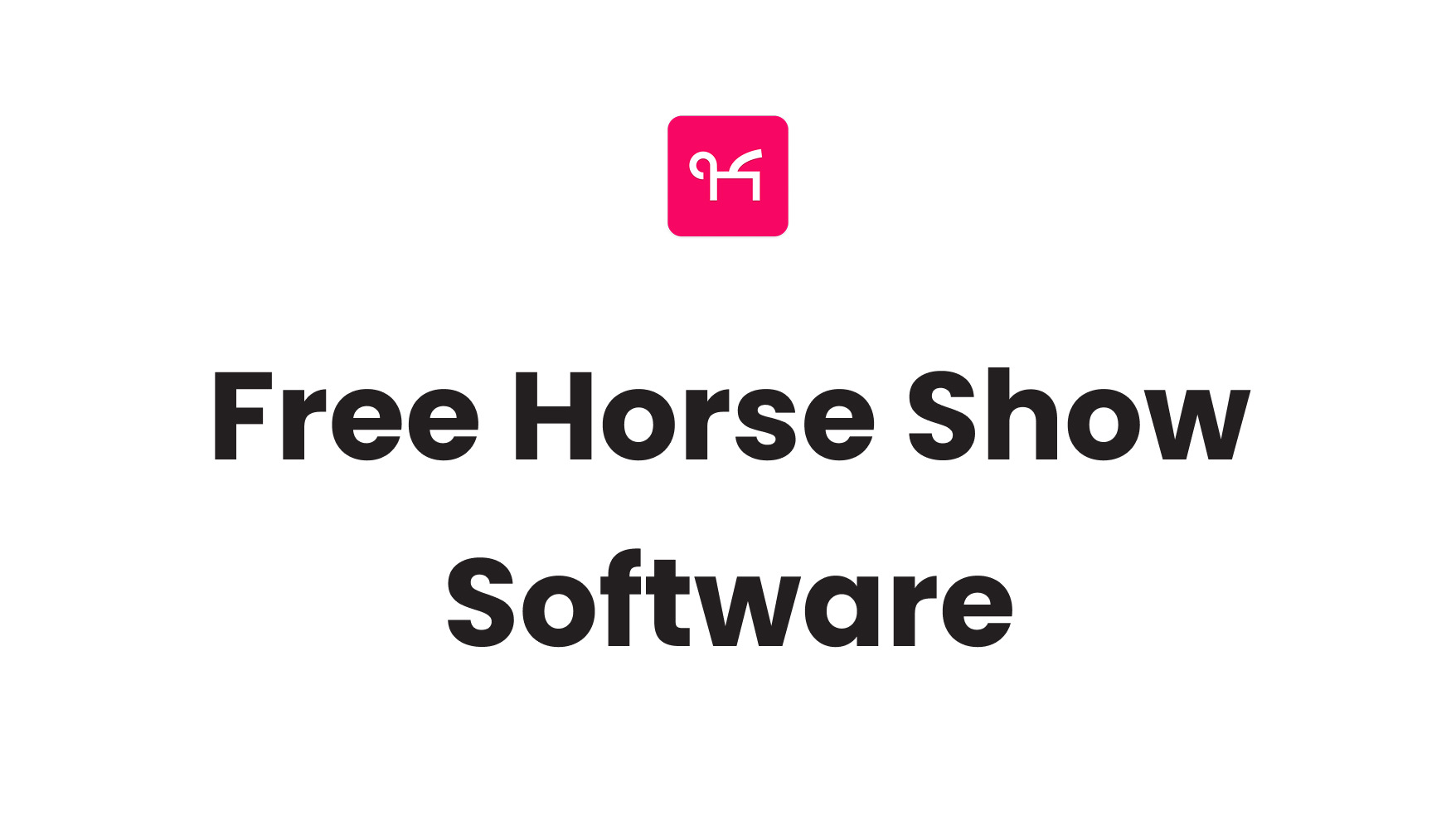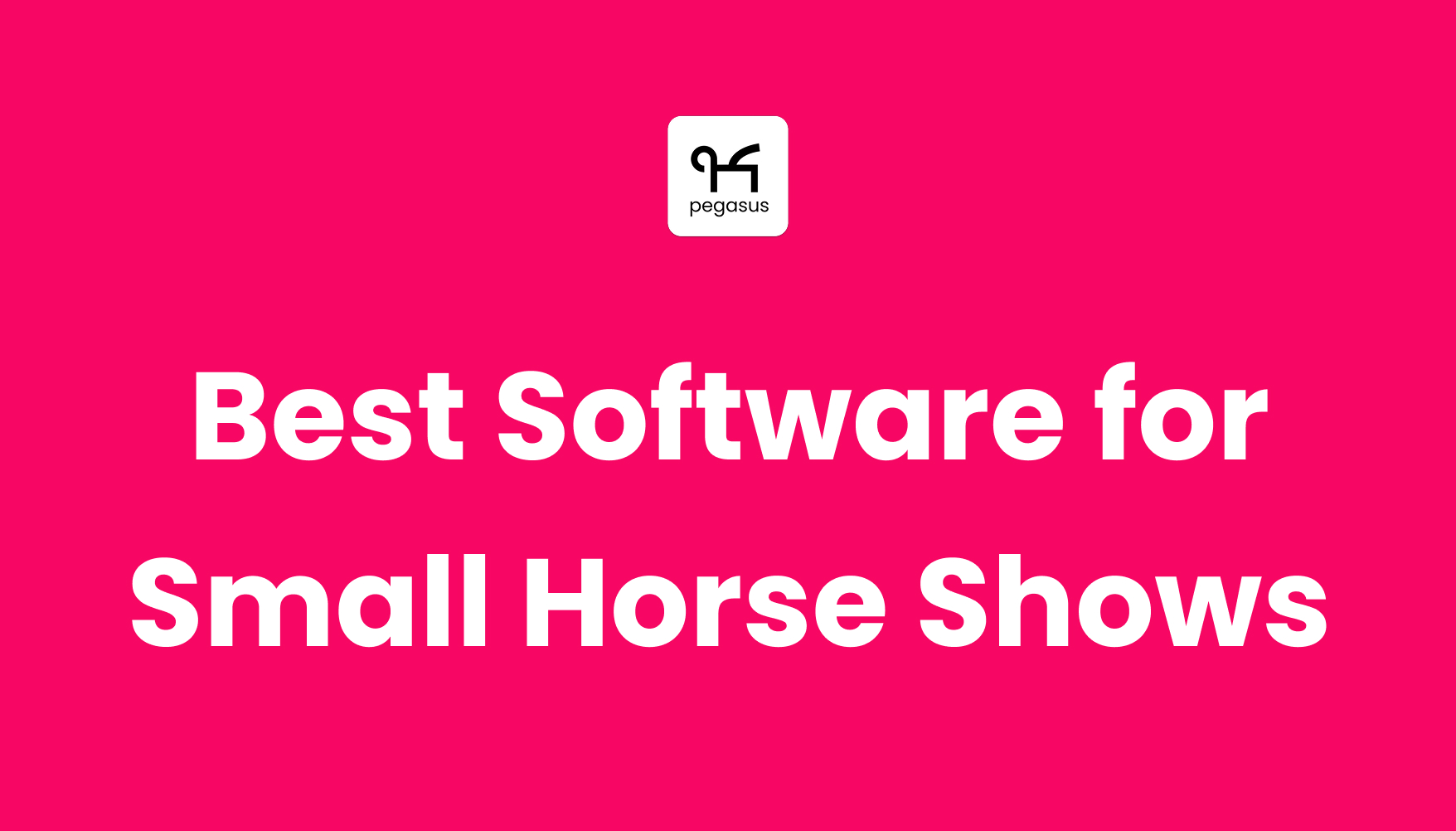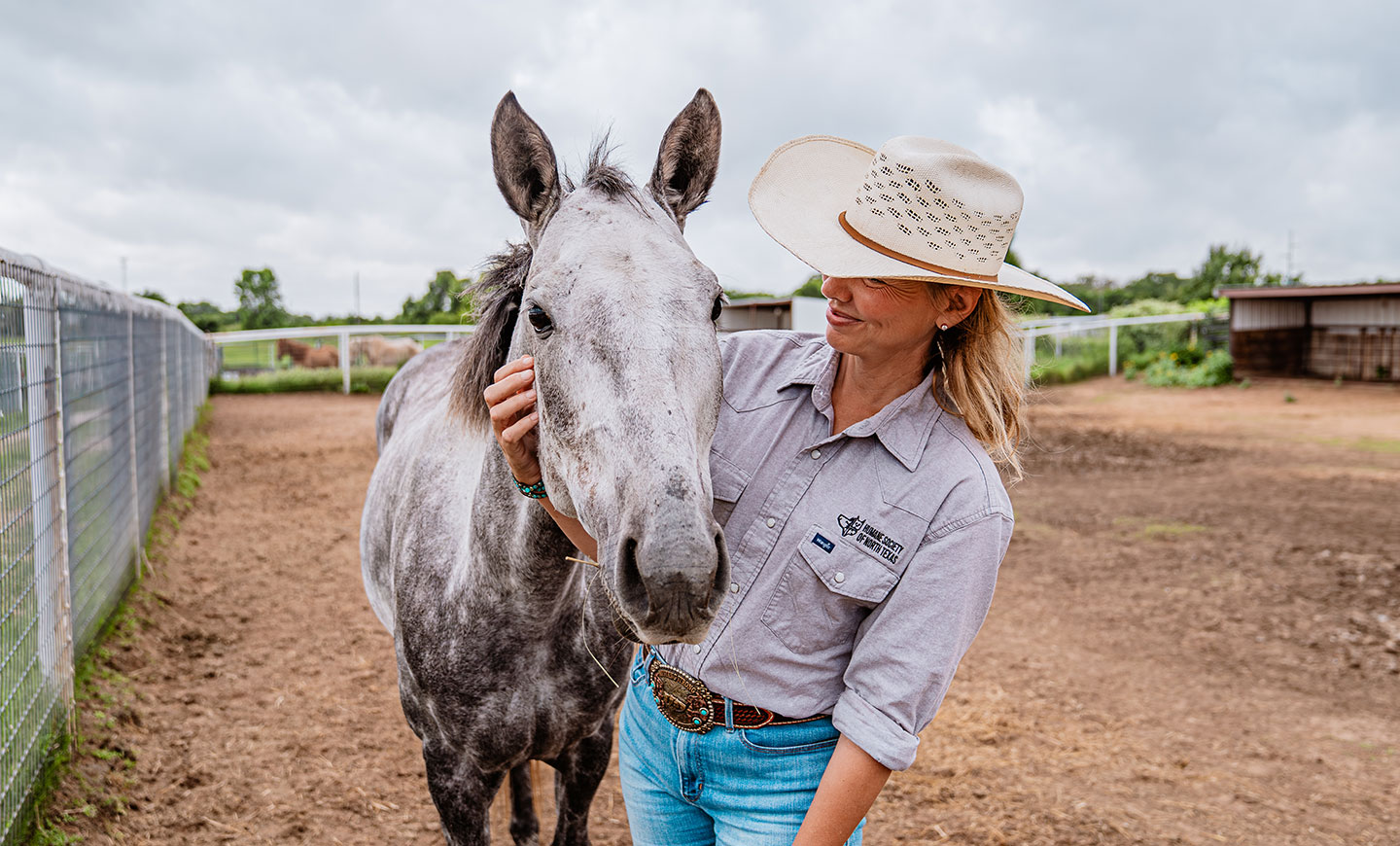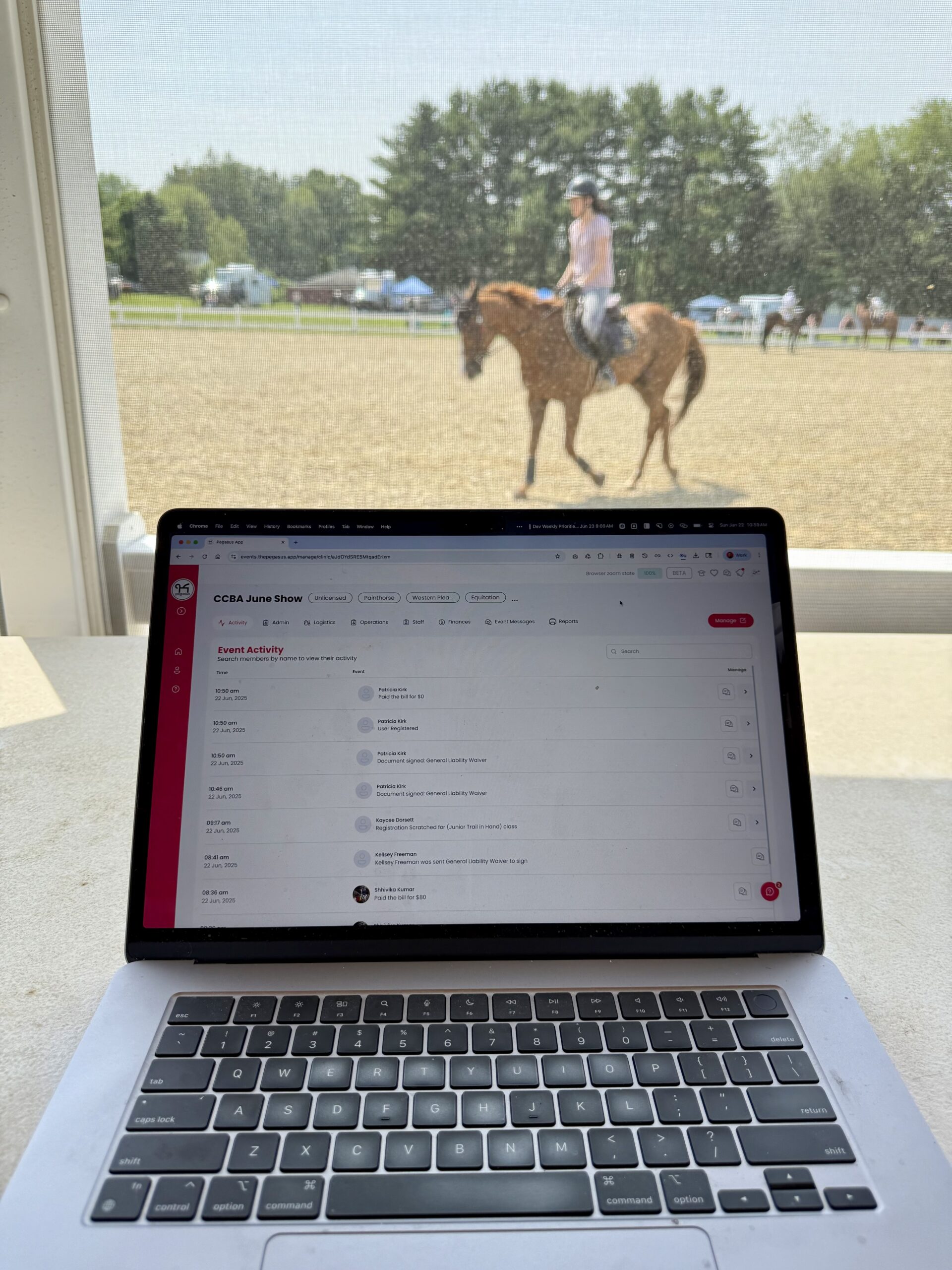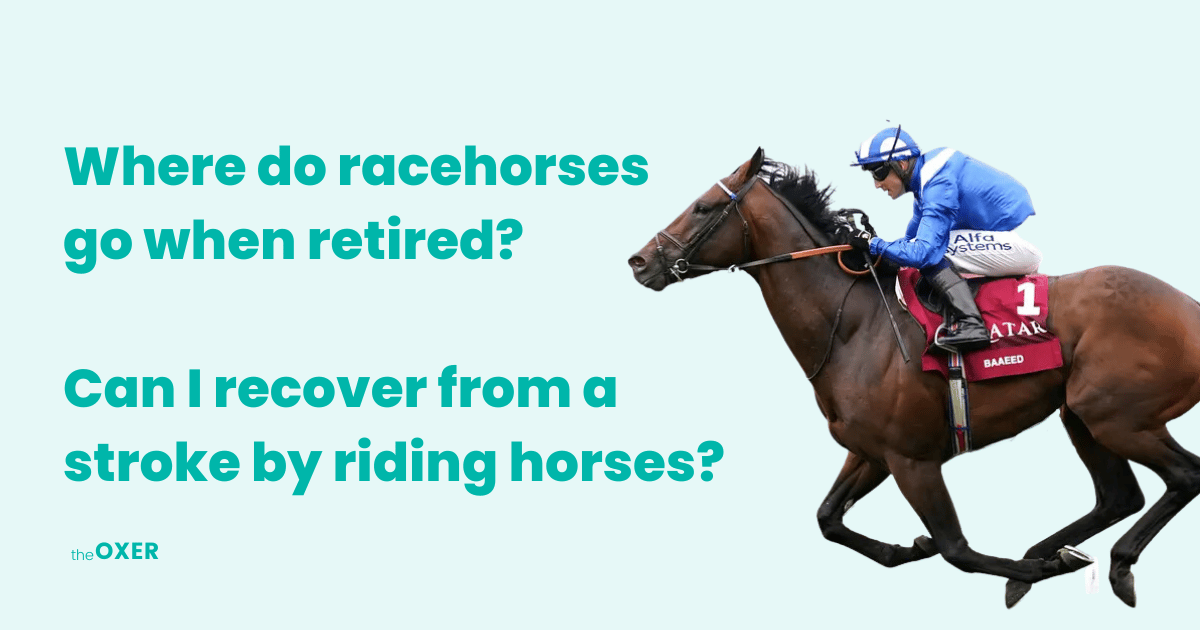
Hey there, partner. This is The Oxer by Pegasus. The newsletter that takes you out of your tack room and into the global equestrian industry.
🐴 Here’s what we’ve got for you today:
-
Where do racehorses go after they retire?: This startup made a fund to help them find a purpose in their post-racing lives.
-
Can equine therapy help you recover from a stroke?: Researchers are asking this exact question in France.
-
How to get a job as an equestrian sales rep in Britain: Hear the latest on The Pegasus Podcast with Leonie Peacock, founder of Kick On Recruitment.
-
How supermarkets in the UK attempted to sell tack: Claire Williams, Executive Director of the British Equestrian Trade Association, joins us on The Pegasus Podcast.
-
Final Foals: Check them out after the second story of this edition.
Before we get into it, have you signed up to try out Pegasus’s beta?
If not, head to Pegasus, click “get early access,” and sign up today!

Get ready for some great stories this week 👇
What happened?
-
MyRacehorse, a startup that lets people buy shares in racehorses, has created a fund for retiring racehorses to become sport horses.
-
The venture is allocating a percentage of its revenue from selling shares to its fund.
-
Ben Willis, MyRacehorse’s managing director, estimates that “between $5,000 and $10,000 will be available for each horse’s transition.”
Our jump on the subject
The fund is a response to the growing number of retired racehorses that are struggling to find homes and care.
In New York alone, there’s an “annual attrition rate of 39%,” meaning that 39% of racehorses there retire every year.
This statistic does not include racehorses that are bred for racing but haven’t been on the track. And many of them will never see the racetrack due to “injury, illness, or behavior problems.”
There isn’t a reliable statistic suggesting the precise age in which racehorses tend to retire, but most sources we found agree that it is sometime before the age of 10. Thoroughbred horses, the most common breed of racehorses, typically live between 25 and 28 years.
This amounts to thousands of racehorses that retire who need a purpose after their racing careers, often with at least another half of their lives to live.
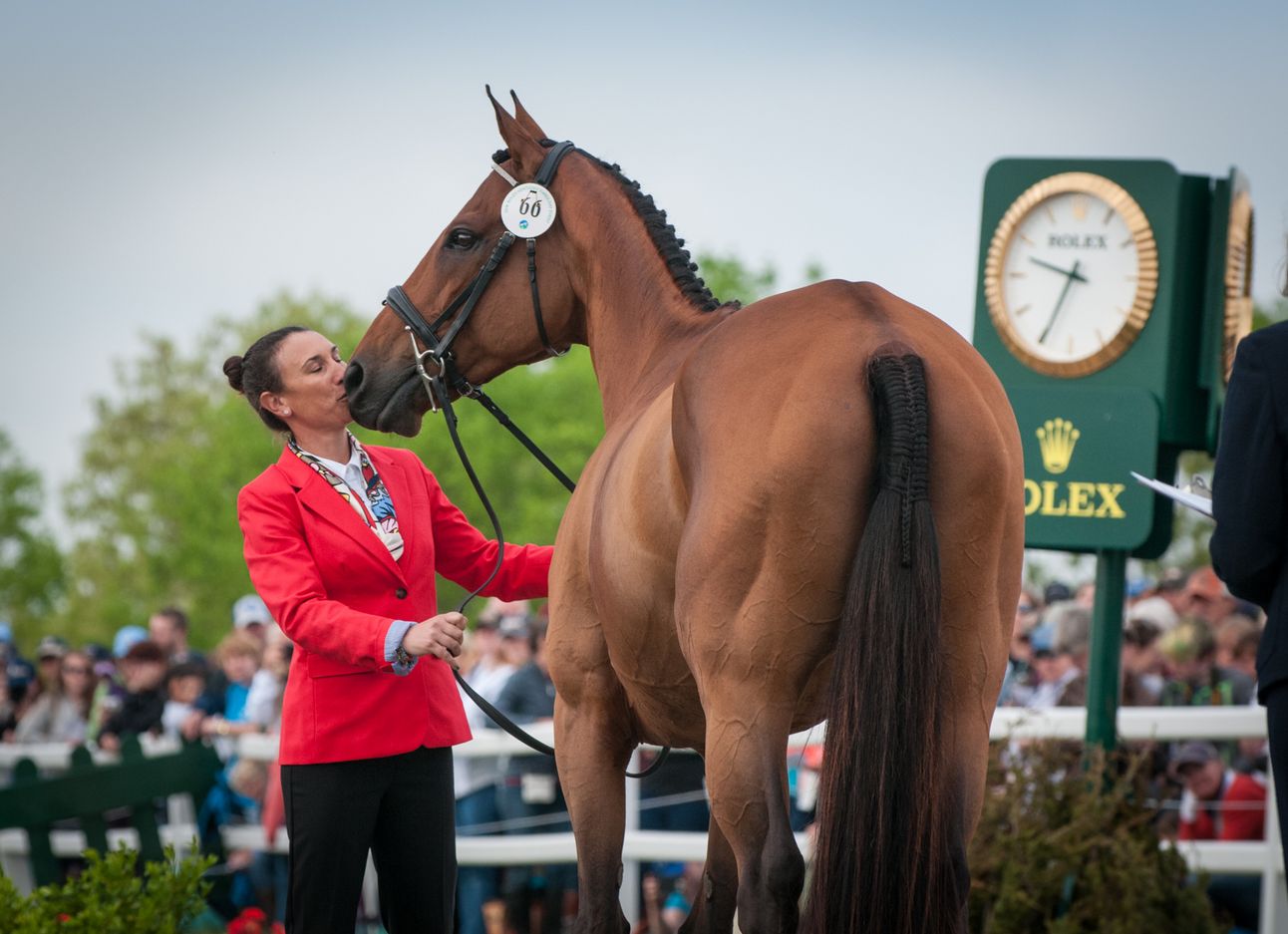
Daniela Moguel and her thoroughbred Cecelia.
Anecdotal evidence in Australia suggests that demand for purchasing retired racehorses is slowing down.
[Nicki Cook] believes that higher interest rates, increased cost of living and feed prices, and threat of drought have combined to make potential horse owners reluctant to buy, particularly Thoroughbreds. Cook traditionally would be able to sell a horse after giving it six weeks of retraining, but she now has the horse in her care for about six months.
Paulick Report, September 2023
Although this was based in Australia specifically, increased cost of living and feed prices is something that the equestrian industry is experiencing in America and Britain.
In short, organizations like MyRacehorse’s new fund can take all the help they can get in order to give retired racehorses a better life after their racing careers.
If you’re interested in contributing to this cause, here’s a non-exhaustive list of other companies and nonprofits that are helping retired racehorses find homes:
What happened?
-
A $75,000 grant awarded by the Horses and Humans Research Foundation (HHRF) to study the effects of equine-assisted services on stroke survivors.
-
The study will be conducted in France and will involve 22 weeks of hippotherapy treatment for patients with moderate to severe disability.
-
Hippotherapy is a type of equine-assisted therapy and is the type of treatment that is the subject of this study.
Our jump on the subject
There is a growing body of evidence to suggest that equine-assisted therapy can be effective in improving the outcomes of stroke survivors.
One study in 2017 found that stroke survivors may be able to regain mobility by gently horseback riding. A 2018 study by Swedish researchers reported “emotional boosts” and “improved body functions” amongst a group of stroke survivors that rode horses.
There are different types of equine-assisted therapy, here’s a short list of some of the major ones and what they are…
-
Hippotherapy: Horseback riding under the supervision of a therapist.
-
Therapeutic horseback riding: Similar to hippotherapy with a concentration on improving coordination and balance.
-
Equine-assisted learning (EAL): Working with horses with the intent of learning social-emotional skills and personal development.
-
Equine-assisted psychotherapy (EAP): Being with horses as a treatment for psychological issues.

In one of our latest episodes of The Pegasus Podcast, we interviewed Julie-Anne Griffith who’s the founder of Equi-Scotia, an organization that conducts equine-facilitated learning.
Part of the reason why she started Equi-Scotia was due to her past work experience.
Before Equi-Scotia, she was the project manager for a charity that helped the disabled feel therapeutic effects from horses.
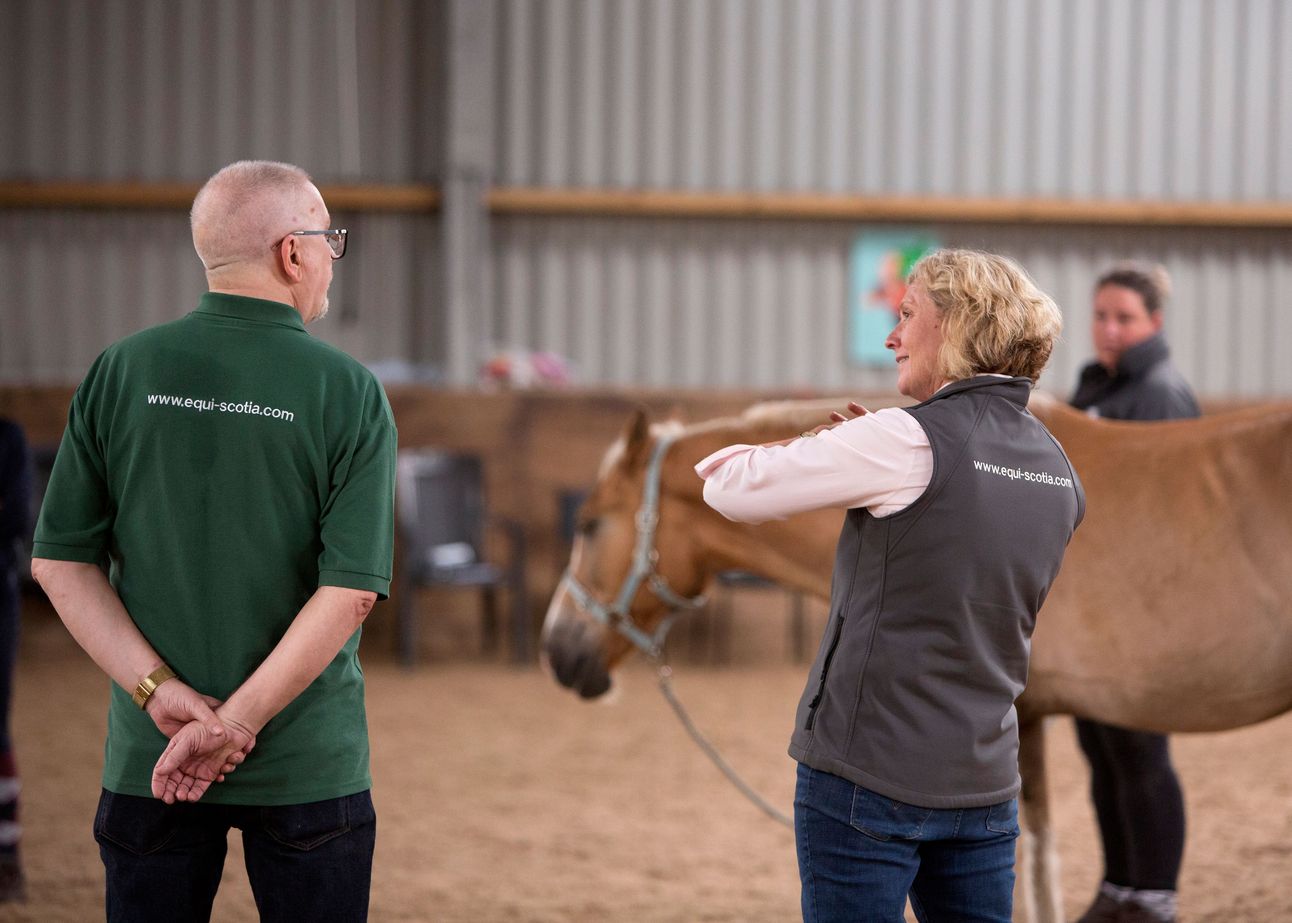
Photo courtesy of Julie-Anne Griffith.
According to the American Horse Council, horses that are in equine therapy are part of the “working horse population” which also includes horses used for police and carriages.
The working horse population, including horses used for therapy, contribute $1.9 billion “in direct value to the US economy.”
🐴 This Week’s Final Foals
📈 “You cannot assume increasing inflation rates = decreasing equestrian market.”
🌞 Gisele doesn’t need to go to anyone’s stable, she just bought an equestrian estate for more than $9 million in South Florida.
🚀 We launched The Oxer by Pegasus on LinkedIn! Say hello, leave a comment, and tell us what you think of these stories directly on LinkedIn.
Take your time to digest these stories and let us know what you think by replying.
Check your diagonal,
The Oxer by Pegasus
